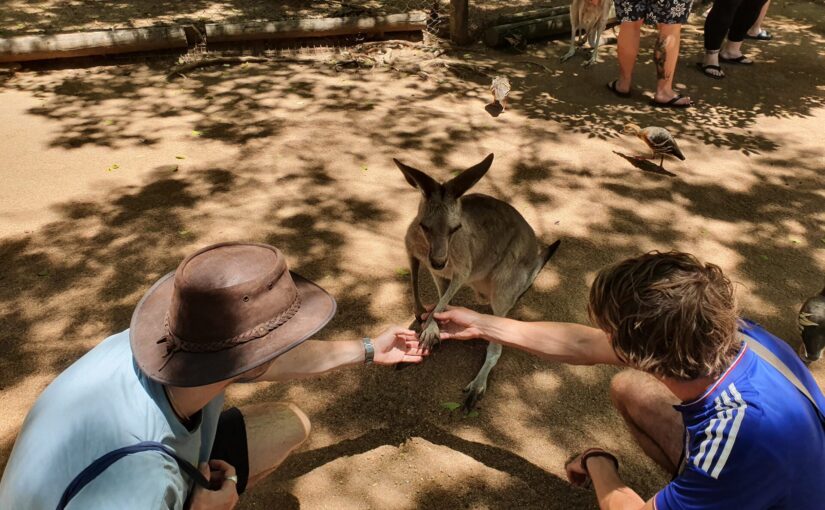Field of study in Wageningen: MSc Management, Economics and Consumer Studies – Economics and Governance track
Study period exchange: 19/07/2022 – 17/11/2022
Country (exchange): Australia
City (exchange): Wollongong
University (exchange): University of Wollongong (UOW)
Faculty (exchange): Faculty of The Arts, Social Sciences and Humanities
2. Motivation for exchange
Why did you choose to go on study exchange?
Already for a very long time, I considered going on exchange as an essential part of my student time. In my bachelors, I tried to go to Bologna twice, but due to covid both got cancelled. In my master program, I was still determined to live and study abroad for a semester. That is why I decided to apply for a semester abroad for the third time.
What is the reason you chose for this country/university?
Before applying for a period exchange, I considered to go travelling as well. In the end, I decided that an exchange period suited my interests and learning goals more, so I started the application process. At the same time, I wanted to combine my exchange period with travelling. Therefore, I wanted to go to a country with both very good universities, and a lot of travelling opportunities. After some research, I decided that Australia suited this description best. In addition to this, I find the economy of Australia highly interesting. It is a dirty economy with a lot of fossil fuel dependence. At the same time, climate change is very much visible in daily life in Australia, think about the floods and forest fires. I wanted to see how this combination is visible in practice.
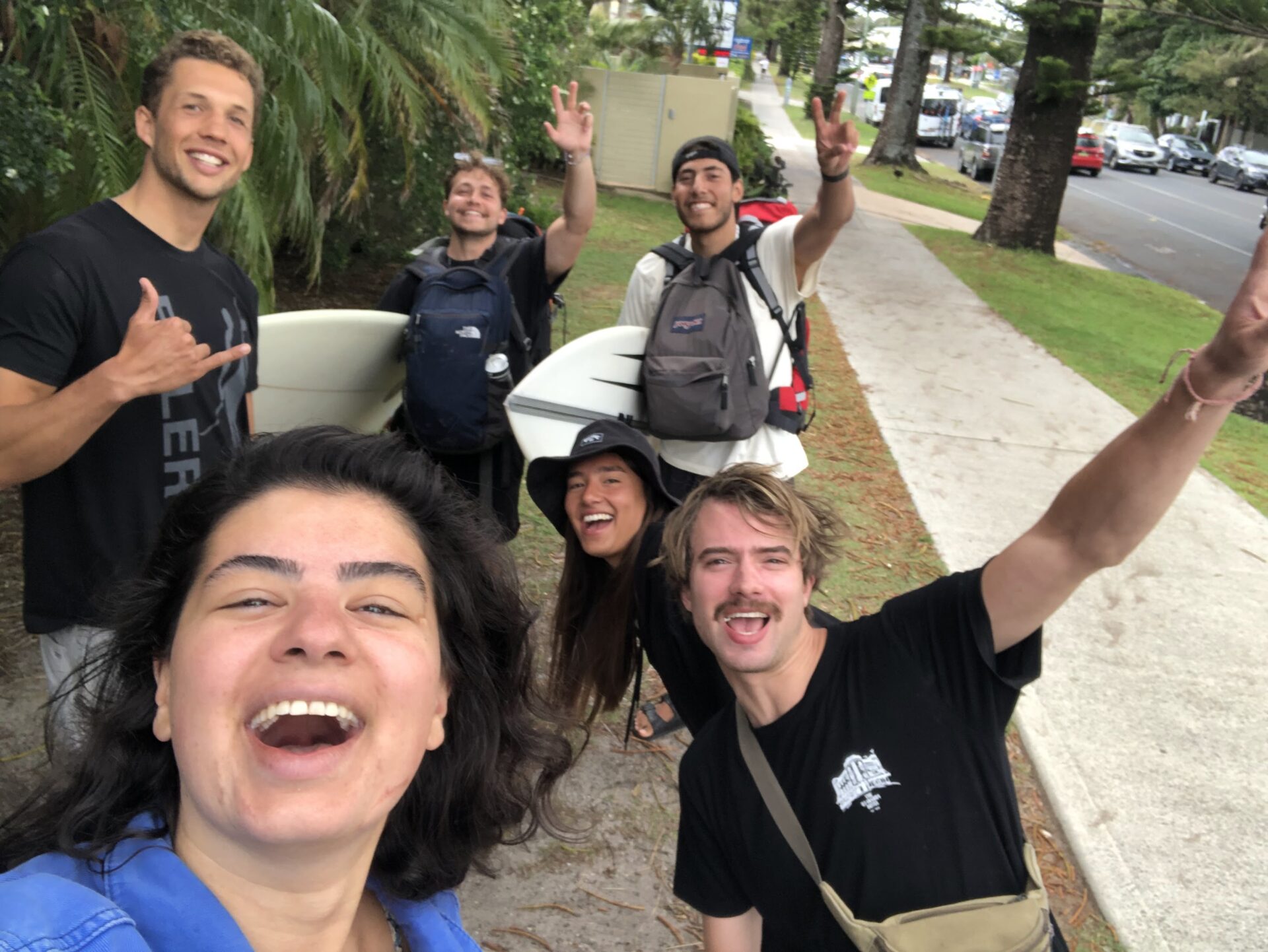
3. Accessibility to reach destination
Do you have any tips to reach your exchange destination?
Only flight is possible.
4. University and studying
Could you provide some general information about the followed courses?

How is the study formalized?
Lectures were always online, practical’s were in person. This decreased the quality of the education. Despite this, the level was sufficient for me to learn a lot in these specific fields. Examination was all online as well. Workload as higher than the 6 credit points in Wageningen.

What is the culture of the university?
The university is small and therefore very approachable. Lecturers know you by name in small courses. The engagement with local students is very present as well. This is mainly due to the fact that most international students live on campus, which is where most Australian students live as well. My 4 flatmates were all Australian. The biggest difference with the WUR was the amount of online classes.
What does the university offer the student additionally?
Catering and laundry were both paid services. So was playing sports. All of it was quite expensive, but so is everything in Australia.
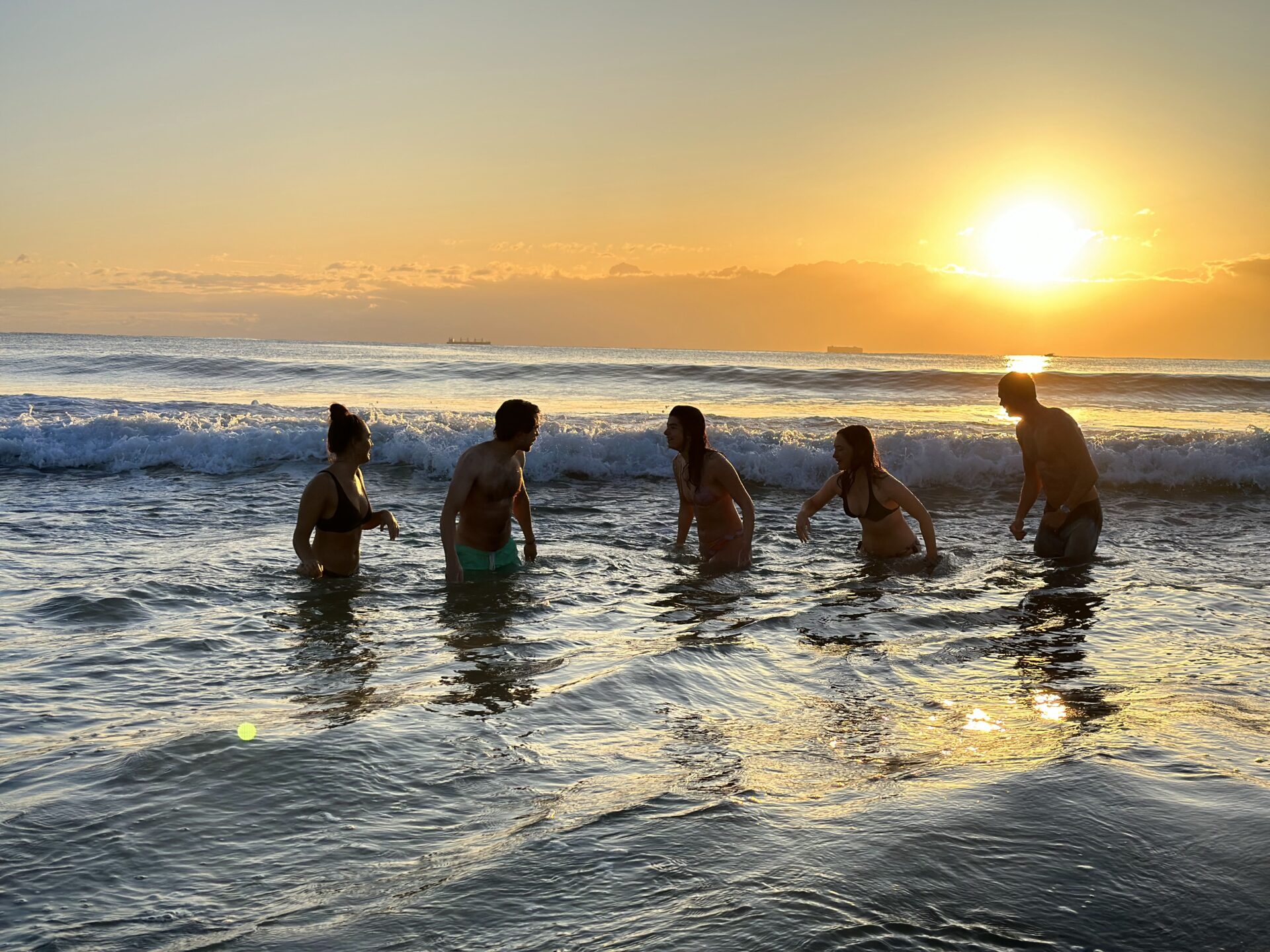
5. Housing-travelling-living
What are the possibilities for housing?
Most students (both domestic and international) live on campus. I would very much recommend this, as it enables you to meet a lot of people. However, it is very expensive. Private rent is much cheaper. To my knowledge, the university offers everyone who applies in time a room on campus.
What is the culture of the country like?
The culture is very western. It is one of the richest countries of the world and this is visible in terms of infrastructure, public facilities (public toilets and barbecues everywhere), and price levels.
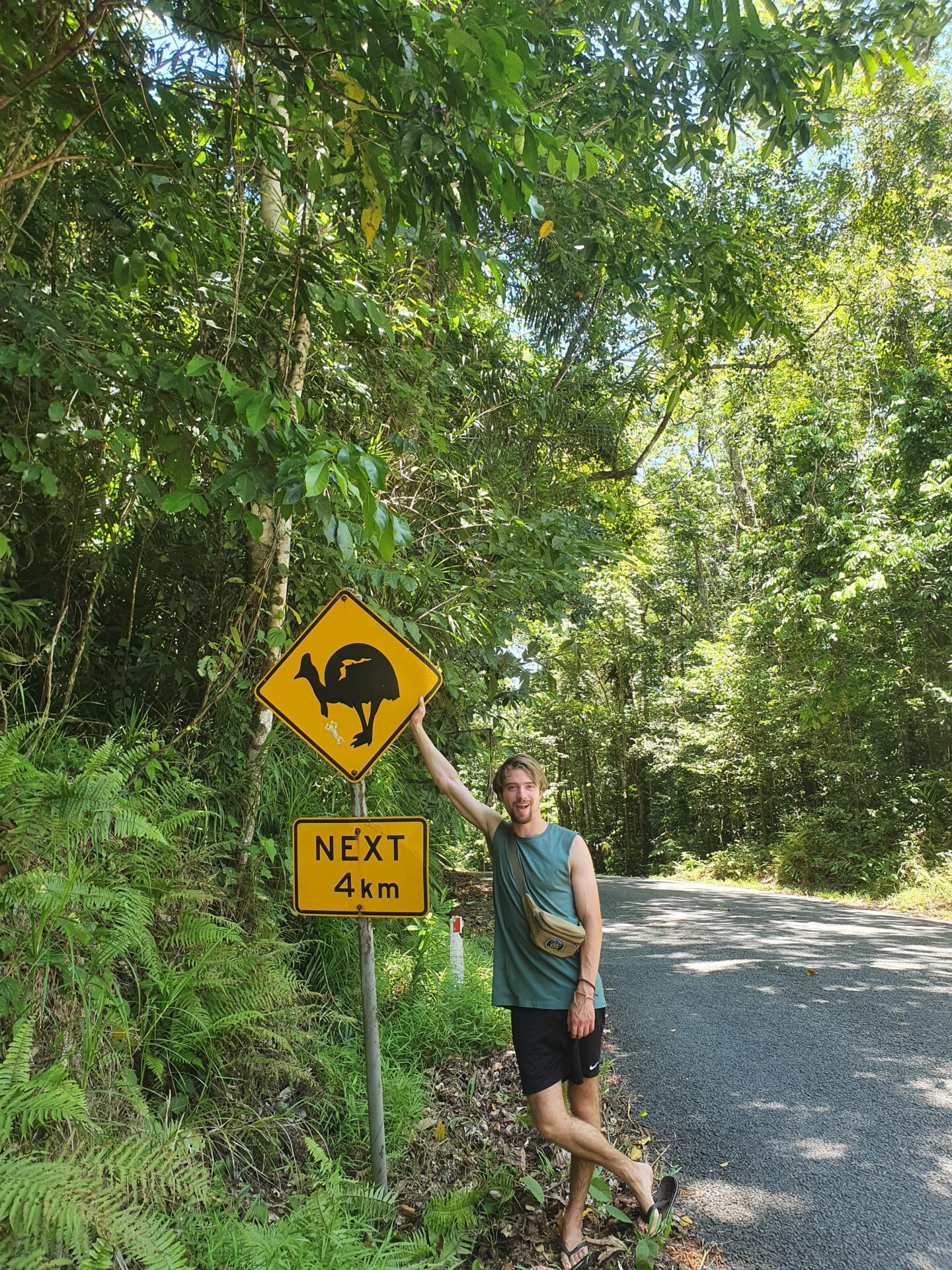
Could you give a general price indication of the place of residence compared to living in Wageningen?
I lived on Campus East for $290 a week. This was self-catered. Catered rooms were $315 per week. Living on Kooloobong, the other big university accommodation, was $300 a week. This boils down to more or less $1200 per month. This is €800 per month. This is much more expensive than in Wageningen. A cheaper possibility is renting a private room or a shareflat. As living costs are high in Australia, a lot of people rent out one room in their house to students.
Could you give some information about public transport infrastructure?
Public transport is very cheap in Australia. There was a free city loop that passed by the university, my accommodation, and the city centre. The train to Sidney was also very cheap, around 6/7 dollars. However, your possibilities for visiting places is limited with public transport. It is a big country and public transport doesn’t go everywhere.

6. Free time
What are must-sees in the area?
Sidney is a must-see. It is a very big city that you can visit a lot of times. The train to Sidney is very cheap and takes around 1,5 hour.
What does not appear in the travel guide, but is worth a visit?
The many beaches of Wollongong itself. Wollongong isn’t part of any travel guide, but the beaches are beautiful.
Do you have general tips and tricks about leisure time?
Most popular places for going out are the Illawarra Hotel, Heyday, and the Cabbage Tree Hotel. Another recommendation is to find a job. This helps you in covering the high costs of living and is a lot of fun on the side. I worked at the Illawarra Hotel.
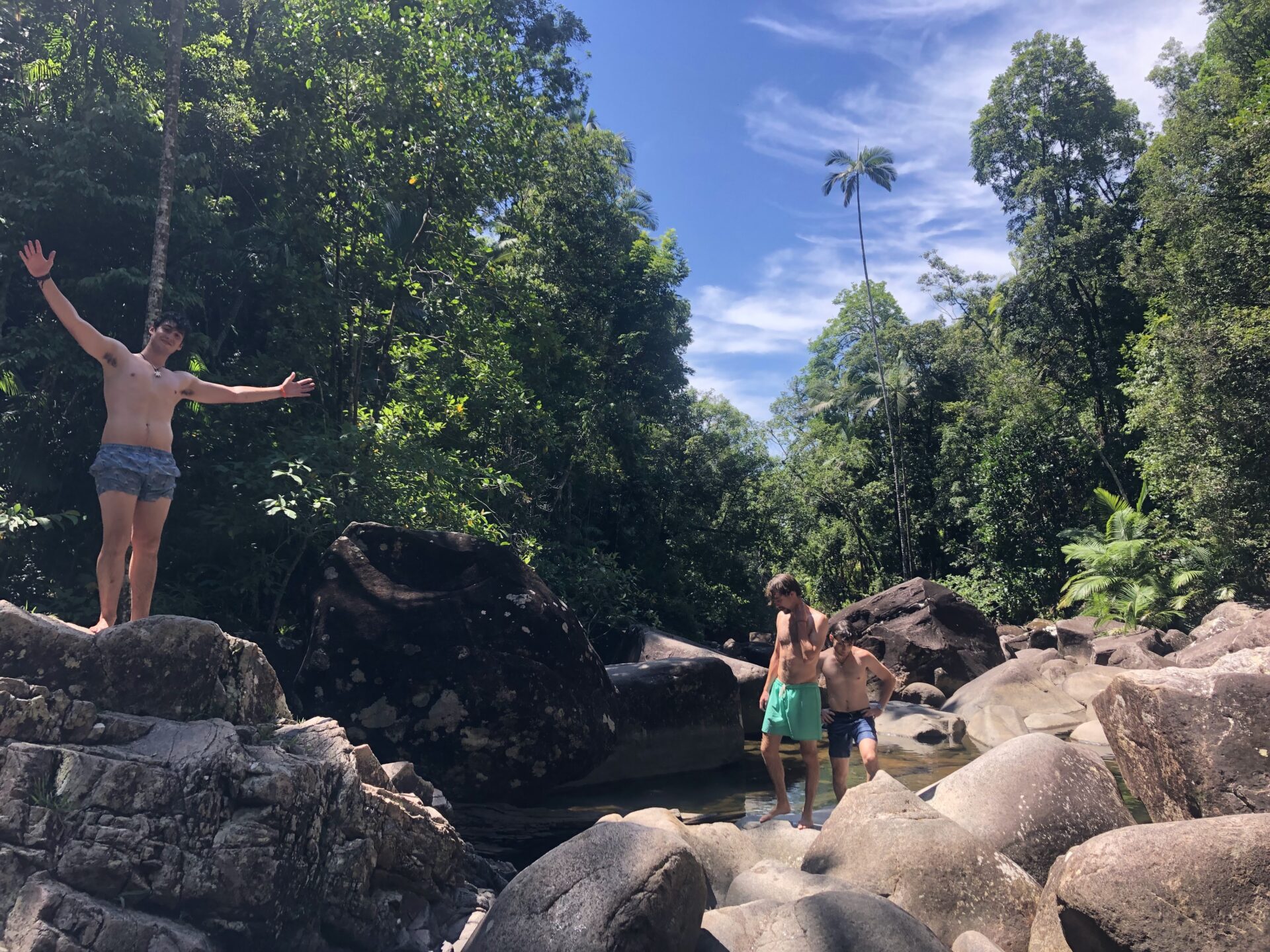
7. Challenges & best moment abroad
What was a challenge you have experienced?
The biggest challenge was finding a job. Although the first job interview immediately resulted in a job, it still took a lot of courage to just walk into a bar and ask for the job availability. Especially when you just arrived in a new country.
What was your best memory abroad?
My best memory was a festival (Spilt Milk) in Canberra. We went there at the end of November, which was at the end of the exchange period. We knew each other so well at that point, which resulted in a wonderful weekend.
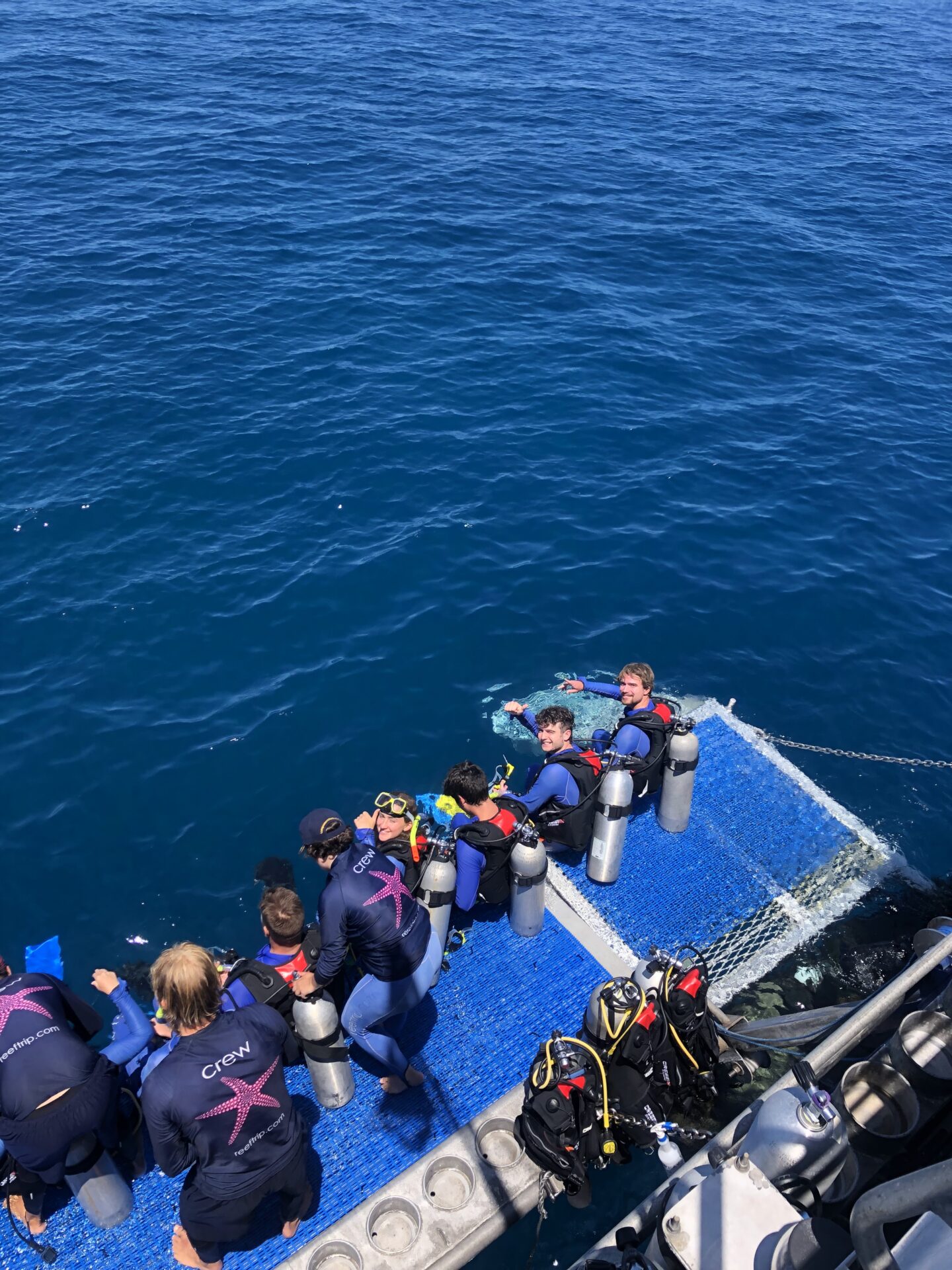
8. Contact Details
Would you like to ask Fabian more questions about his exchange?
Send him a mail: Steenbergenfabian07@gmail.com

